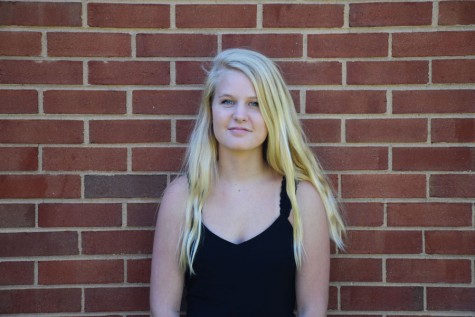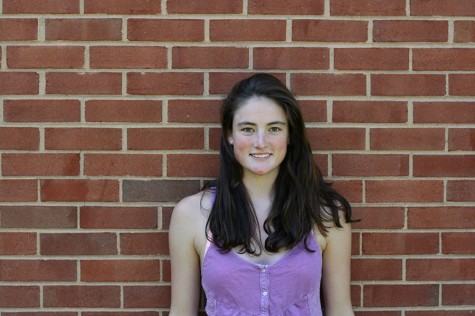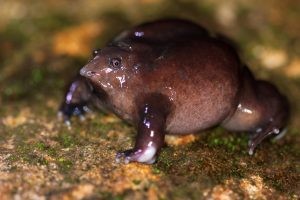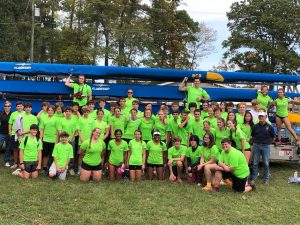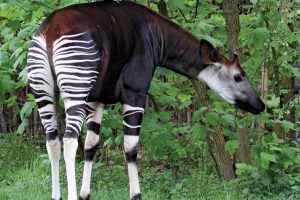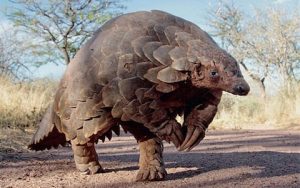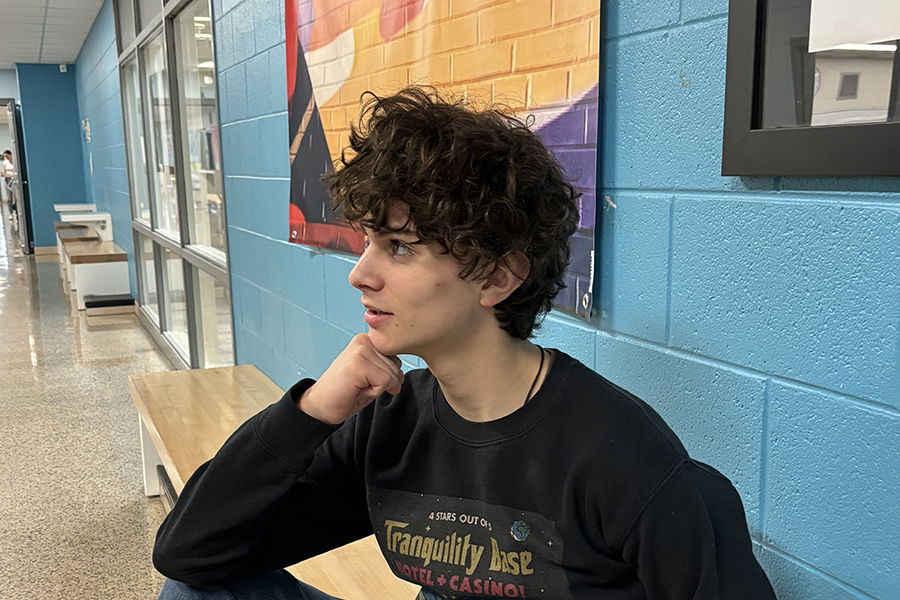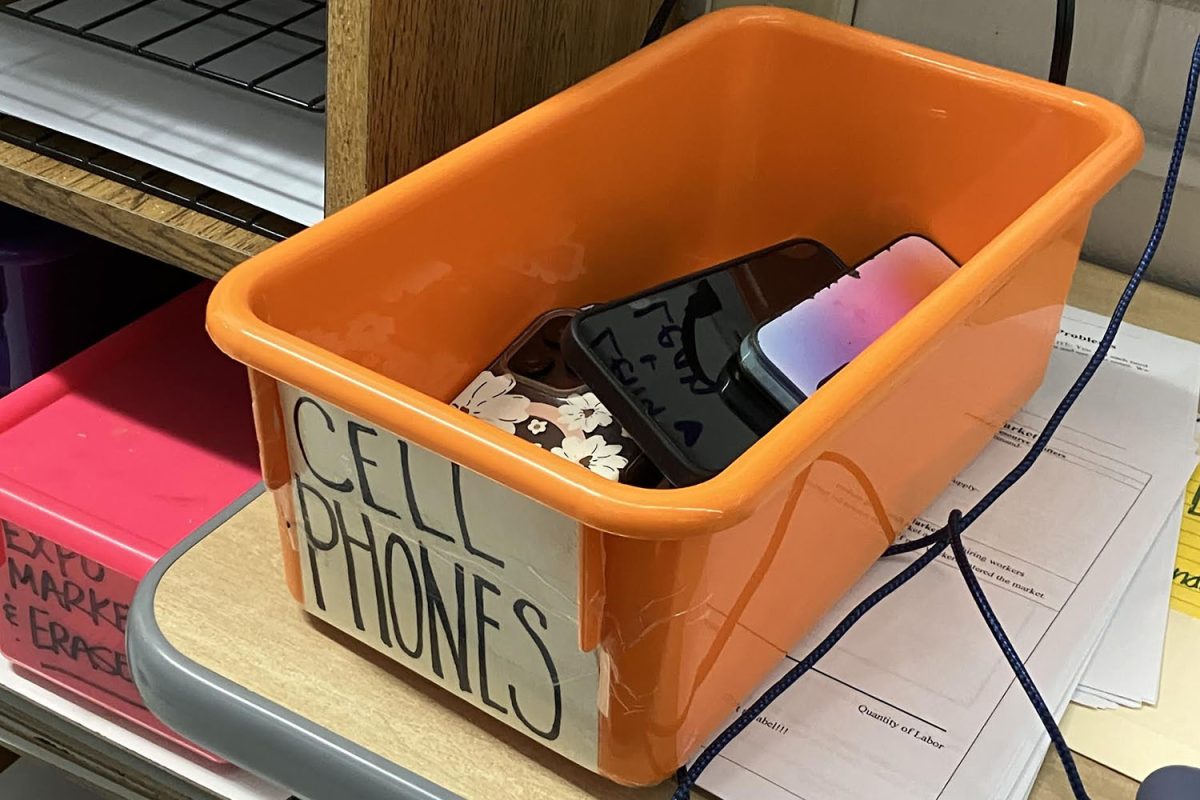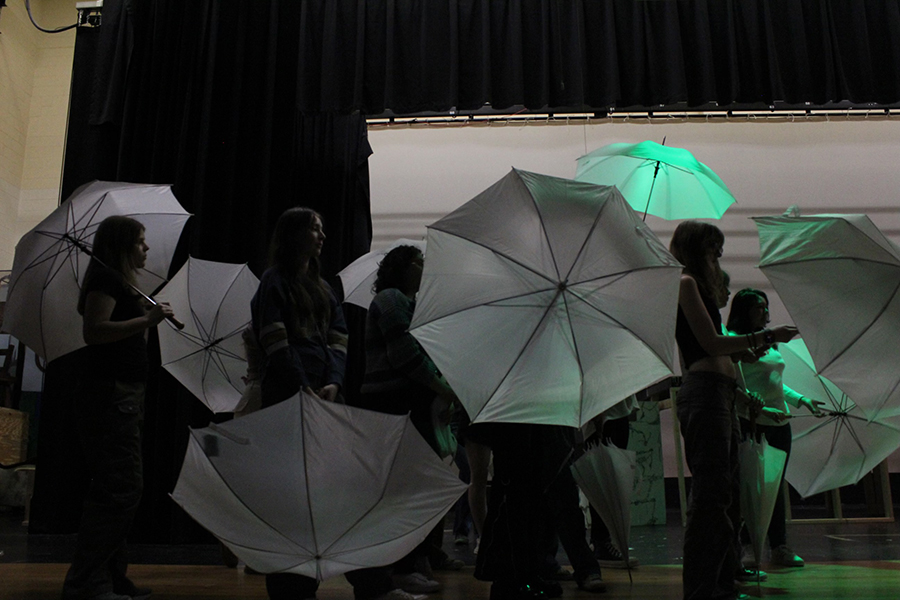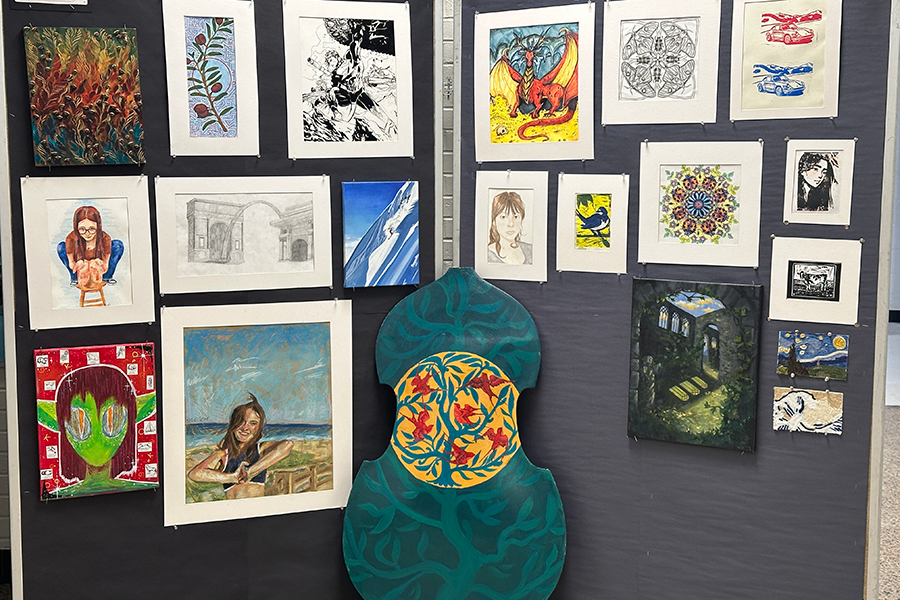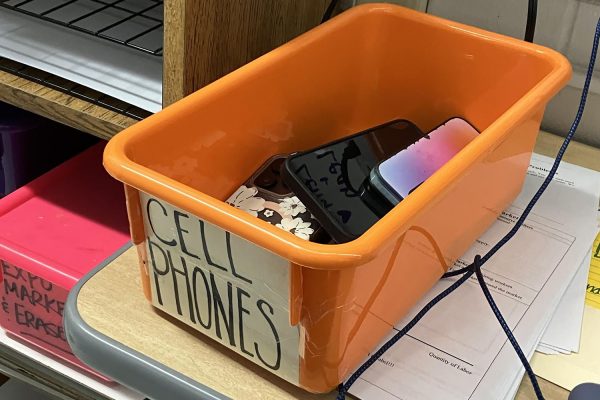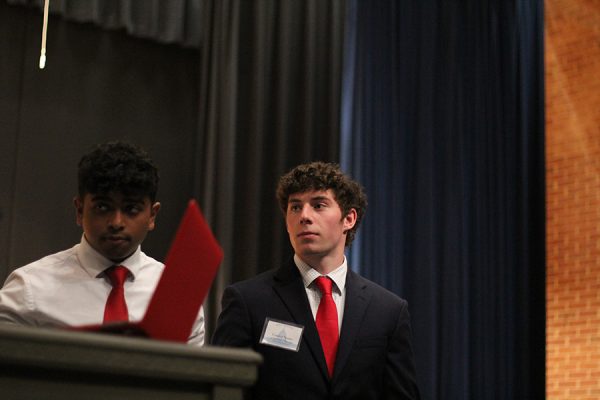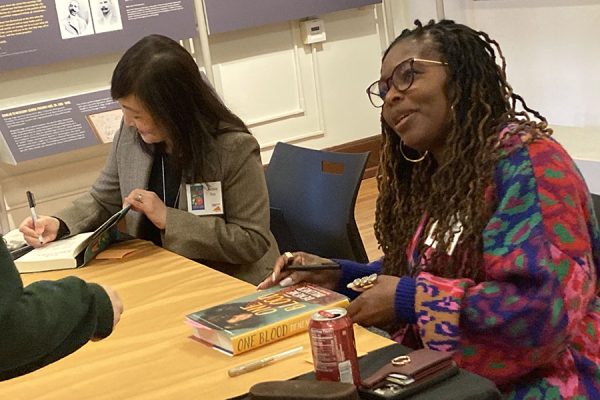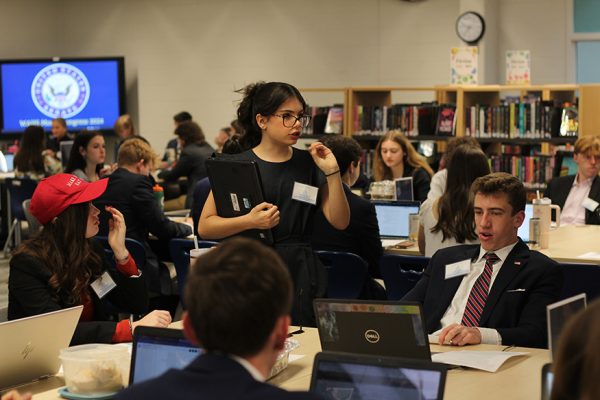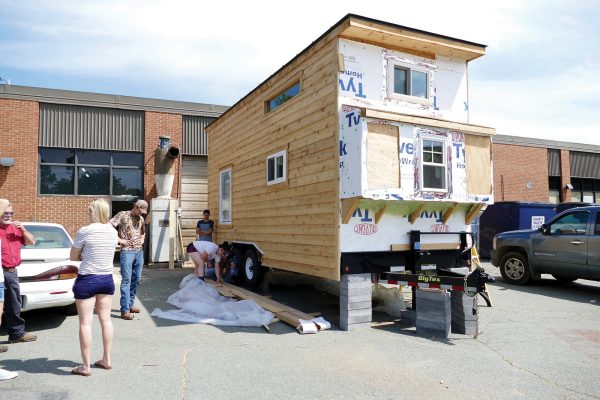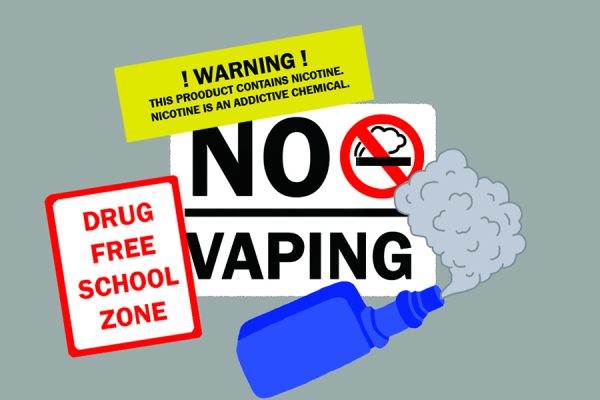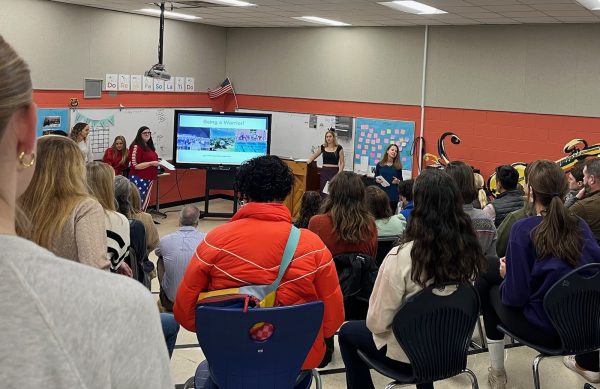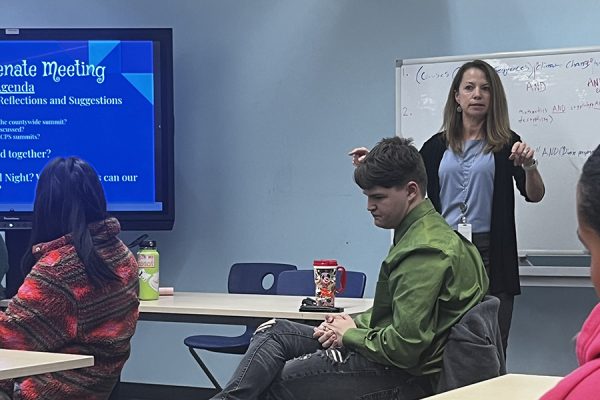Academy Update
Environmental Science Academy opens in August
June 4, 2014
Some students may think that the idea of the an environmental studies academy at Western seems a little…well, fishy. (Pun totally intended.) All jokes aside, the academy has been the focus of a lot of work and preparation for the past year, and seems to be coming along swimmingly.
The Academy will include only rising freshmen next year, and then add a freshman class every year until all grades are filled. This upcoming year there will be about 25 students in the academy.
One point of confusion is whether or not the academy students will be a part of Western.
According to Adam Mulcahy, head of the new Environmental Studies Academy, the academy “only takes up two of their eight classes, the rest will be in the normal school.”
The difference between the Environmental Studies kids and the Western students lies in only a few classes. “In their freshman year, next year, students will take World Geography instead of the traditional World History I. Our students will also add a geology course. In their second year, they will take a combined biology, botany, and ecology course. We’re looking at adding an environmental chemistry and an AP environmental course their junior year,” Mulcahy states.
These classes, however, will only be available to members of the Academy.
The Academy’s junior and senior year curriculum is still being developed, and according to Mulcahy, “The goal is that the other departments will have some influence too; we’re looking at an environmental literature for their senior year, then geography through history, and then hopefully we can find a way to incorporate some of the arts.”
Other plans for the Academy include an outdoor garden in the courtyard near the gym, and an indoor aquaponics system which will raise fish and plants grown through hydroponics.
Mulcahy wants to emphasize that the Academy is not just for people who want to become scientists. “There’s a lot of people who really just like natural sciences. If you like learning about trees or animals or birds or fish, or you just really like the environment. Some people just have a natural passion and want to see the world a better place.”



